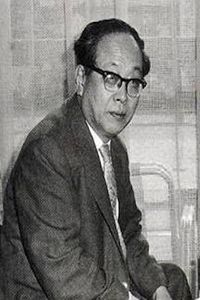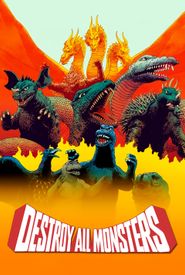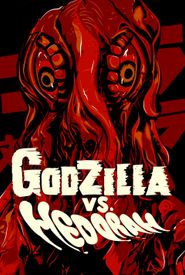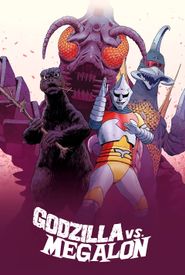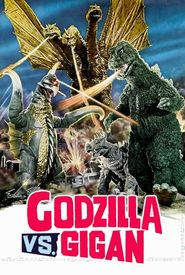Takeshi Kimura, a renowned studio writer for Toho, approached his work in the science fiction film genre with a sense of gravity and seriousness, in stark contrast to his contemporary, Shinichi Sekizawa, who viewed it as a source of entertainment. Kimura, on the other hand, poured his heart and soul into his writing, using it as a means to exorcise his personal demons.
As a writer, Kimura was meticulous in his approach, focusing on themes of escape, independence, and the inability to escape. His work often explored the human condition, delving into complex emotions and psychological struggles. For instance, in the 1958 film Bijo to Ekitainingen, he wrote about a woman who refused to rely on her criminal husband for support, instead choosing to fend for herself.
Kimura's most notable work is arguably the 1963 film Matango, an adaptation of William Hope Hodgson's 1908 horror tale "The Voice in the Night." Despite a previous screen story being written by Shinichiro Hoshi and Masami Fukushima, Kimura's script retained the original characters and grafted them onto the new narrative, resulting in a thought-provoking exploration of false friendships and the destruction of the honest and good.
Following the completion of Matango, Kimura felt a sense of disillusionment with his work, believing he was solely writing for financial gain. As a result, he began writing under the pseudonym Kaoru Mabuchi, a name that evoked a sense of anonymity and allowed him to detach himself from his work.
Kimura continued to write scripts, but eventually disappeared from the public eye. His personal life was marked by a lack of close relationships, and he reportedly left behind his wife and daughter. In 1988, his fellow writer Toshio Yasumi received a mysterious phone call from Kimura, who struggled to speak but ultimately failed. The call was traced to Kimura's Tokyo apartment, where he was found dead, alone and struggling to breathe due to a throat obstruction.
